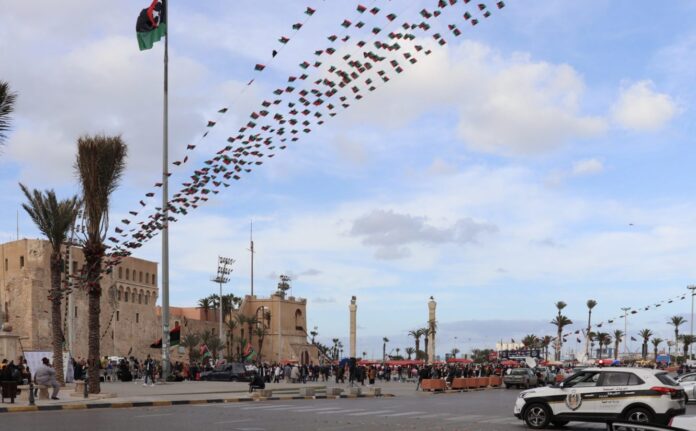Author: Alison Pargeter
Affiliation: War On The Rocks
Organization/Publisher: War On The Rocks
Date/Place: May 15, 2020/ USA
Type of Literature: Journal Article
Word Count: 2620
Link:https://warontherocks.com/2020/05/haftar-tribal-power-and-the-battle-for-libya/
Keywords: Tribal, Haftar, Conflict, Libya
Brief:
In this article, the author identifies the role that tribes play in Libya, as a factor of stability or chaos, which is something that militia leader Haftar understood, prompting him to ask help and support from them. Much of these tribes were loyal to Gaddafi, or rather, dissatisfied with the changes that came with the downfall of Gaddafi. The tribes view the 2011 revolution as more against the tribes than against Gaddafi; and the assassination of senior military members by Islamists made them feel sidelined. The tribes sought to maintain their old order of Arab nationalism mixed with Islam, as opposed to the Pan-Islamic views. According to the author, the tribes support Haftar’s militia because they believe it will regain control that was taken from them. The Al-Awaqir tribe of Benghazi was the biggest recruits of Haftar. Through the use of tribes, Haftar was able to gain control of the oil ports in September 2016. Although the writer acknowledges that the tribes are by no means the only force in the Libyan conflict, and while the tribes do not function as unified bodies, they have become critical to Haftar’s survival. Indeed, the relationship between Haftar and the tribes, especially those in the east, will have a major impact on how this conflict is resolved.
By: Taqwa Abu Kmeil, CIGA Research Assistant




